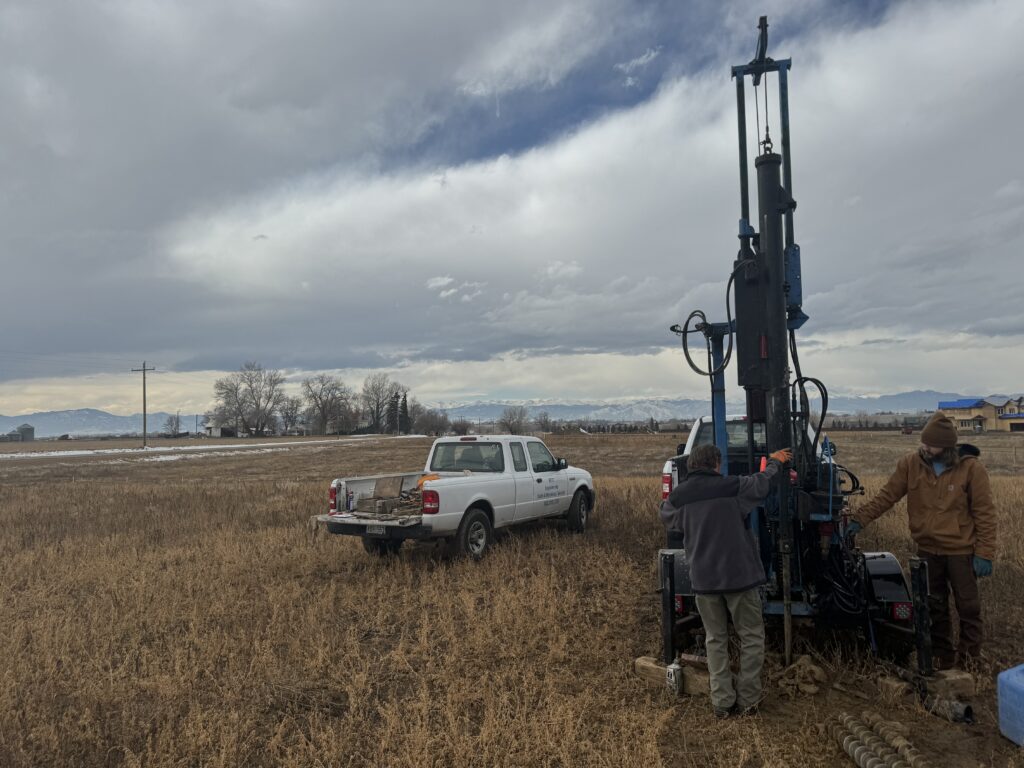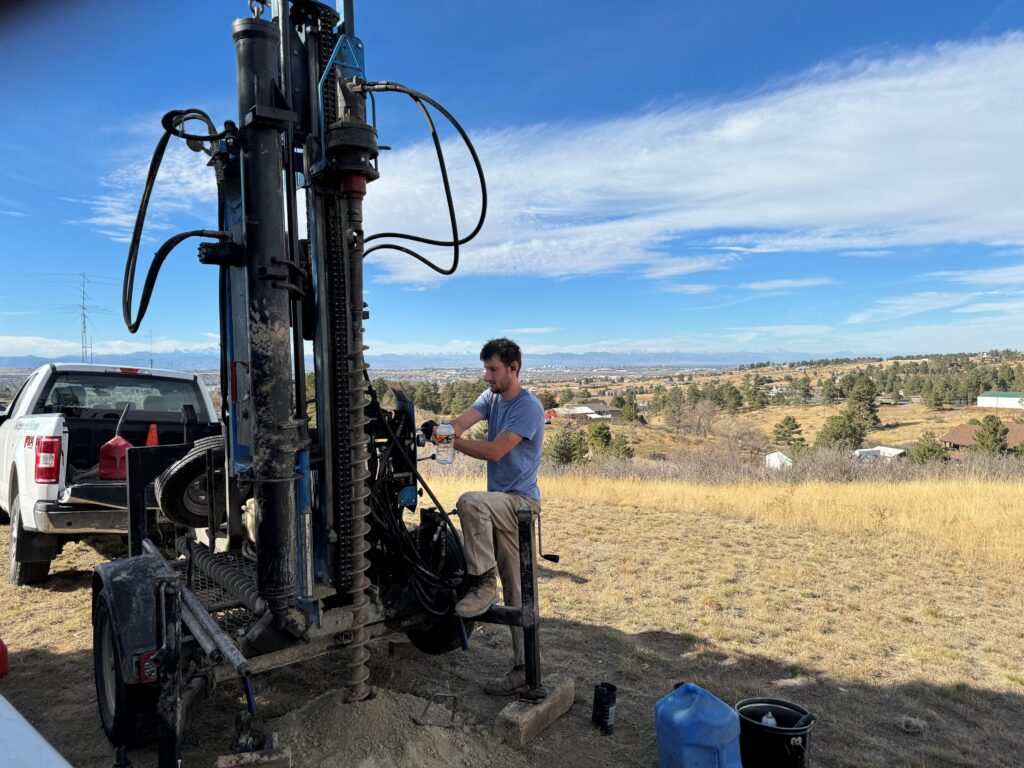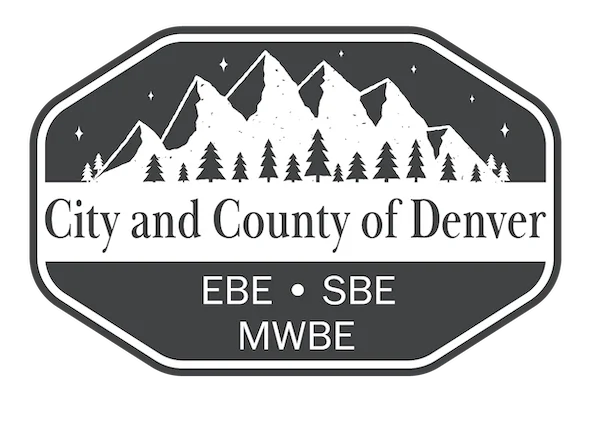What is Soil Testing or a Geotechnical Report? Why Do You Need it?
Shift happens! Geotechnical engineering and soil testing play a pivotal role in determining the stability, safety, and longevity of any construction project. Geotechnical or soil reports are comprehensive documents that present the findings of a site investigation, assess ground conditions, and provide recommendations for engineers. Understanding the composition of soils aids engineers in designing foundations, footings, slabs, and other structural elements to withstand ground movement. For instance, knowledge of soil swelling or consolidation potential assists engineers in devising appropriate plans and designs. By performing these site investigations engineers can understand the physical characteristics and existing layout of soil materials and is critical to successfully break ground on a new development. The importance can be illustrated by numerous, ongoing investigations of failed developments made possible by a lack of oversight and inspections due to variations in regulatory requirements across states and counties. The indispensability of soil analysis and geotechnical engineering remains invaluable in structural design endeavors to ensure safety.
Decoding Soil Testing – Understanding Their Types and Implications
Various soil tests, including reactivity, density, moisture, permeability, and strength assessments, are conducted either in laboratories or in the field to evaluate soil properties comprehensively. Density testing provides insights into soil particle compaction, crucial for assessing stability and load-bearing capacity. Moisture testing reveals water content levels, influencing soil behavior and suitability for construction. Reactivity assessment determines how the soil changes composition when wet, dry, or exposed to naturally occurring chemicals like sulfates, while permeability analysis gauges drainage efficiency and erosion susceptibility. Poor drainage can lead to soil erosion, compromising the integrity of foundations and other structural elements. No matter if you’re tackling your dream home project or diving into a colossal construction endeavor, knowing the lay of the land is key. Rest assured, our highly certified lab is equipped to handle these tests with expertise.
What to expect when requesting a soils report:
Now that we have gained an understanding of the fundamentals of soil investigations and the various testing methods involved, let us delve deeper into the procedural intricacies. The first step is to engage the services of a qualified civil or geotechnical engineer and deploy a certified field technician for on-site sample collection. Typically, our firm utilizes its own rotary drill rig to procure soil samples from beneath the surface. Step two is to get these samples to a laboratory in a state that is representative of the specified materials for meticulous analysis, with adherence to American Society for Testing and Materials (ASTM) standards. Upon completion of all requisite laboratory testing, a comprehensive report detailing the findings and any associated recommendations is determined and forwarded to the contractor. This report serves as a vital resource during the phases of design, construction, and project completion. Anticipating the time this process can take helps in overall project planning and scheduling, potentially optimizing costs along the way.
Why choose Best Engineering?
At Best Engineering, we uphold a commitment to excellence, professionalism, and exceptional service, complemented by a pragmatic approach to engineering. Our geotechnical services benefit from the backing of an onsite, nationally accredited laboratory capable of testing a wide array of construction materials, including soil, aggregate, concrete, and asphalt. Certified by the American Association of State Highway and Transportation Officials (AASHTO) and adhering strictly to American Society for Testing and Materials (ASTM) procedures, we employ state-of-the-art techniques and methodologies to conduct thorough investigations and laboratory analyses. Additionally, we require our technicians to maintain a higher than average level of certification. We mandate that all technicians obtain ACI certification, with the majority also maintaining current certifications in CAPA and WAQTC. From simple to complex challenges, we deliver comprehensive geotechnical engineering recommendations and designs. Over the years, our reputation for excellence has led to numerous referrals from satisfied contracts, underscoring our reliance on word-of-mouth promotion and the enduring relationships we forge with our valued clients. You can trust BEST to provide practical, accurate, and timely geotechnical analysis.







